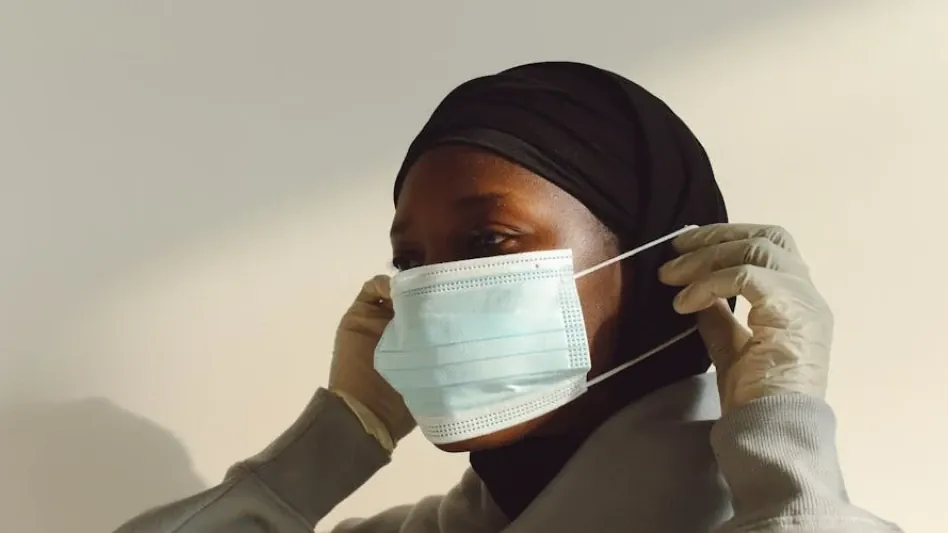The recent decision by the Taliban to ban women’s medical education in Afghanistan has sparked significant concern both locally and internationally, with many fearing for the future of healthcare in the country. This development is particularly devastating for female healthcare students, who have been actively protesting and campaigning on social media platforms to raise awareness about the potentially catastrophic consequences of the ban.
Impact on Women’s Health
Women play a critical role in healthcare, especially in roles such as midwives, who provide essential care during childbirth. The ban on women’s medical education threatens to stifle the dreams and aspirations of thousands of aspiring female health professionals. This could lead to severe repercussions for Afghanistan’s already fragile health system. Cultural norms in Afghanistan often prevent women from receiving treatment from male doctors, making trained female medical personnel indispensable for women’s healthcare. Without female professionals, maternal and child mortality rates could rise, and overall health outcomes for women could deteriorate significantly.
Protests and Social Media Activism
The affected female students have not remained silent. They have been organizing protests and using social media to voice their concerns and draw international attention to the ban’s implications. Their activism aims to highlight the critical role of female healthcare providers and to pressure the Taliban to reconsider their decision. These students are leveraging every available platform to ensure their message is heard, emphasizing the urgent need for trained female healthcare workers in Afghanistan.
Calls for International Intervention
International entities and human rights organizations have joined in urging the Taliban to lift the ban. They warn that the decision poses a dire threat to public health in Afghanistan and represents a significant setback for women’s rights. The call for action stresses that the lack of female healthcare providers will lead to an increase in preventable deaths and a decline in overall health standards. The global community is closely watching how the Taliban responds, as the health and human rights of Afghan women hang in the balance.
Historical Context and Regression
This ban marks another step backward in the progression of women’s rights in Afghanistan. Since the Taliban’s resurgence, women have been largely excluded from public life and education, reversing many of the advances made over the past two decades. Historically, Afghan women have fought long and hard for their rights, yet this development threatens to undo much of their progress. The dream of pursuing a career in healthcare is slipping away for many, replaced by uncertainty and fear for the future.
The Need for Trained Female Healthcare Workers
The central fear expressed throughout these protests and international appeals is the critical need for trained female healthcare workers in Afghanistan. The ban not only suppresses the educational rights of women but also endangers the health and well-being of all Afghan women. The absence of female professionals could lead to a severe healthcare crisis, making it imperative for the ban to be reconsidered. The impact on the healthcare system could be catastrophic, with a potential rise in mortality rates and deterioration in women’s health services.
Conclusion
The Taliban’s recent decision to prohibit women from obtaining medical education in Afghanistan has ignited substantial concern both within the country and around the world. Many people are worried about the future of healthcare, fearing that this ban will have dire consequences for the country’s medical system. This policy is especially heartbreaking for female medical students who have dedicated their lives to training in this vital field. In response, these students have been vocally opposing the ban through social media campaigns and public protests, aiming to draw attention to the potentially disastrous impact of such a measure. They highlight that restricting women’s access to medical education will severely undermine the healthcare system, result in a shortage of medical professionals, and disproportionately affect female patients who rely on access to female healthcare providers for cultural and safety reasons. The global community echoes these concerns, urging the Taliban to reconsider their stance, both for the sake of women’s rights and the overall well-being of Afghan society.









